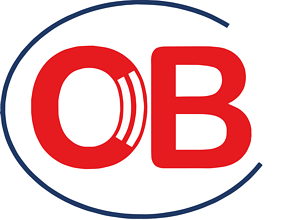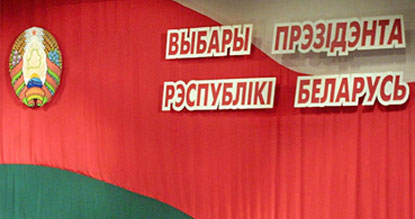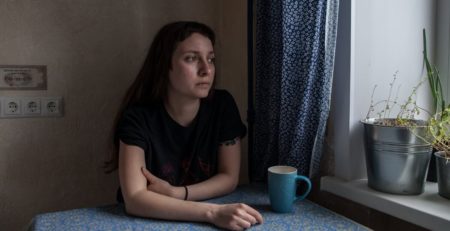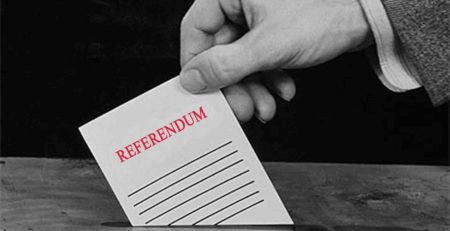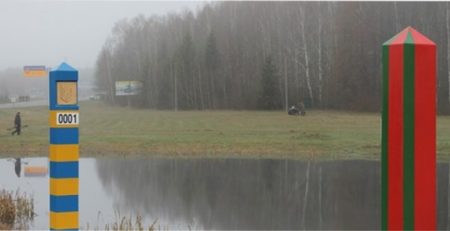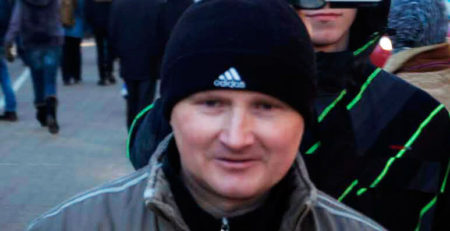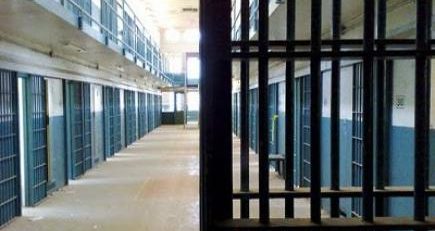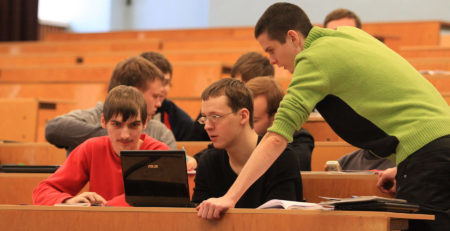What candidates the Belarusian opposition offers to the voter
At the start of the election season in 2015 the Belarusian opposition presented itself in several groups voicing a number of fundamental issues. Without finding a solution to these issues it was impossible to talk about even a conditional unity among the opposition.
The first question – “Is it morally acceptable to participate in the elections while there are political prisoners in jail?” – which sounds like a traditional question. For instance, the former candidate for the 2010 elections Mikola Statkevich is still in prison.
One of the solutions to the dilemma was the proposal to nominate Statkevich himself.
The idea, however, was immediately recognized as populist and had no chance of being realized.
The second question was how to choose a single candidate.
For more than one and a half years the opposition argued solely on the format of the nomination. Should one hold a congress of the opposition? If yes, who will be the participants?
The situation was complicated by the separation of the opposition into internal groups, among which two forces clearly stood out: “People’s referendum” and the United Civil Party.
Perhaps the most hope was connected with the coalition “People’s referendum” (BNF Party, the Belarusian Social Democratic Party Hramada, the Movement “For Freedom” and the civil campaign “Tell the Truth”). This structure united two former presidential candidates (Aliaksandr Milinkevich 2006, Uladzimir Nyaklyayeu 2010).
And while Milinkevich’s rating in March was only 1.6%, Uladzimir Nyaklyayeu, despite his former electoral defeats, is still the highest rated Belarusian opposition leader. According to the latest polls by the Independent Institute of Socio-Economic and Political Studies, between 7.6 and 9.4% of the voters are ready to vote for Nyaklyaeu.
Meanwhile, Aliaksandr Milinkevich was concentrated on other election in the previous months, namely the nomination for the post of the rector of the European Humanities University in Vilnius. And despite the fact that he had not been elected as the rector, he announced his refusal to participate in the elections already on April 2nd, 2015. The “Movement for Freedom”, which he is a leader of, turned down the opportunity to nominate a candidate, as well as to give support to any other candidate (including the one from the coalition “People’s referendum”).
“People’s referendum” had to choose between the aforementioned Uladzimir Nyaklyaeu and Tatsiana Karatkevich (both represented in the coalition the campaign “Tell the Truth”). The talks about the possible nomination of Karatkevich began in late March, and on April 3rd the nomination was supported by BNF Party.
It was assumed that Nyaklyaeu, the immediate supervisor of Tatsiana Karatkevich, would support her candidacy, but on April 8th he made a surprising announcement of his withdrawal from the campaign “Tell the Truth” and all existing opposition structures. The day before the National Council of “Tell the Truth” had decided to nominate Karatkevich, not Nyaklyayeu.
On April 19th the nomination of Karatkevich was supported by the last coalition member the Belarusian Social Democratic Party Hramada.
Thus, the largest opposition coalition came to the election with an unexpected outcome, without Nyaklyayeu and Milinkevich.
The 37-year-old Karatkevich is not well-known to the voters, yet it is hard to call her a beginner in politics. From her student years she was an activist of the youth organization of the Social Democratic Party, in 2010 she was a supporter of the electoral headquarters of Uladzimir Nyaklyaeu, in 2012 she ran in the elections to the Parliament. Before entering politics Karatkevich taught psychology at a university and worked in social services.
As for Nyaklyayeu, the politician does not rule out independent participation in the elections.
Both Nyaklyaeu and Milinkevich explained their decisions by the lack of unity in the opposition.
In the first place, the problem was the inability of “People’s referendum” to reach an agreement with the United Civil Party (AGP) on the format of the nomination of a single candidate. AGP had long before announced the nomination of its chairman Anatoly Lebedzka.
Another two entities – the party “Fair World” (former communists) and the Belarusian Christian Democracy will not actively participate in the election process.
Along with the announcement of Milinkevich, the head of the civil campaign “Our House” Volha Karach also refused to participate in the elections. Karach said that in today’s conditions of total influence of Russia over Belarus, the victory can only go to a candidate supported by Russia. She, in turn, does not consider the option of such a victory acceptable: “Now the situation is such that the elections in Belarus can only be won by one candidate, but it is not Aliaksandr Lukashenka. This is a candidate who will be supported by Vladimir Putin … We have moral values that are in conflict with the interests of Russia. Therefore I do not see it to be logical that Russia could support us. ”
Another woman, Alena Anisim, has confirmed her unchanged plans to participate in the elections.
So far, however, it is too early to draw conclusions, which of the above listed candidates will be able to pass registration process and reach the voters as an officially registered candidate.

